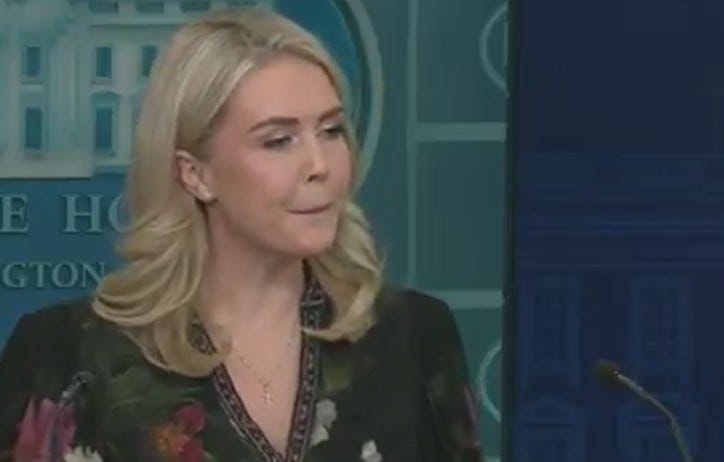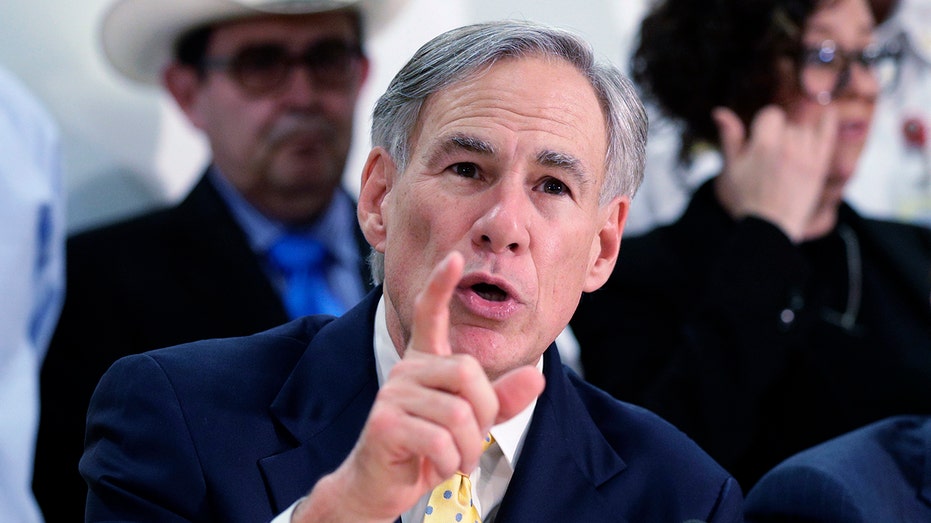A vital lifeline for millions hangs in the balance as the nation’s largest food aid program faces disruption. The Supplemental Nutrition Assistance Program, known as SNAP, is caught in the crossfire of a political stalemate, leaving over 40 million Americans uncertain about their next meal.
The former president recently stated that full SNAP benefits will only be restored when “Radical Left Democrats” agree to reopen the government. This declaration arrives as funding for the program faced expiration, deepening anxieties for vulnerable households already struggling with economic hardship.
Concerns have been raised about the program’s expansion and eligibility requirements. The previous administration initiated a review of SNAP, focusing on ensuring benefits reach those genuinely in need and preventing access for those not legally entitled.
Despite the ongoing government shutdown, a partial resumption of SNAP benefits for November is underway. A significant $4.65 billion from a contingency fund has been allocated by the Department of Agriculture, offering a temporary reprieve, though the exact amount and timing of payments remain unclear.
The debate extends beyond immediate funding. Some lawmakers are advocating for dedicated funding for both farmers and food assistance programs, arguing that access to food is a fundamental necessity that shouldn’t be used as a political bargaining chip.
The situation has ignited a fierce exchange, with accusations flying and both sides digging in their heels. The core question remains: how can a nation ensure its most vulnerable citizens are fed amidst political division and budgetary constraints?
The program’s future is now inextricably linked to the broader government shutdown negotiations. As days turn into weeks, the uncertainty surrounding SNAP underscores the human cost of political gridlock and the urgent need for a resolution.
The debate isn’t simply about dollars and cents; it’s about the well-being of families, the stability of communities, and the very fabric of a society that promises to care for its most vulnerable members.





![SABO UNLEASHED: LA ERUPTS in Political FIRE! [SEE IT NOW]](https://www.thegatewaypundit.com/wp-content/uploads/2025/11/irena-sabo-stop-killing--1200x630.jpg)
